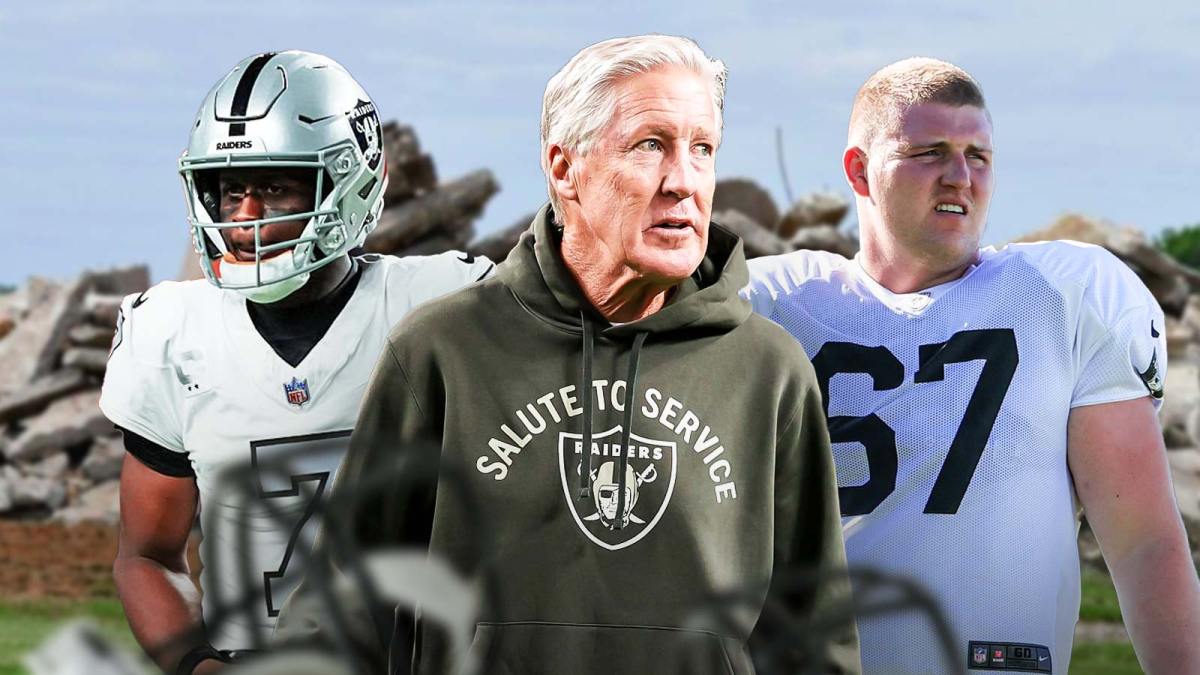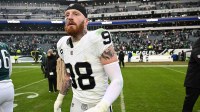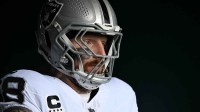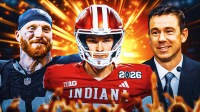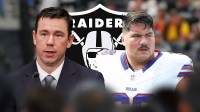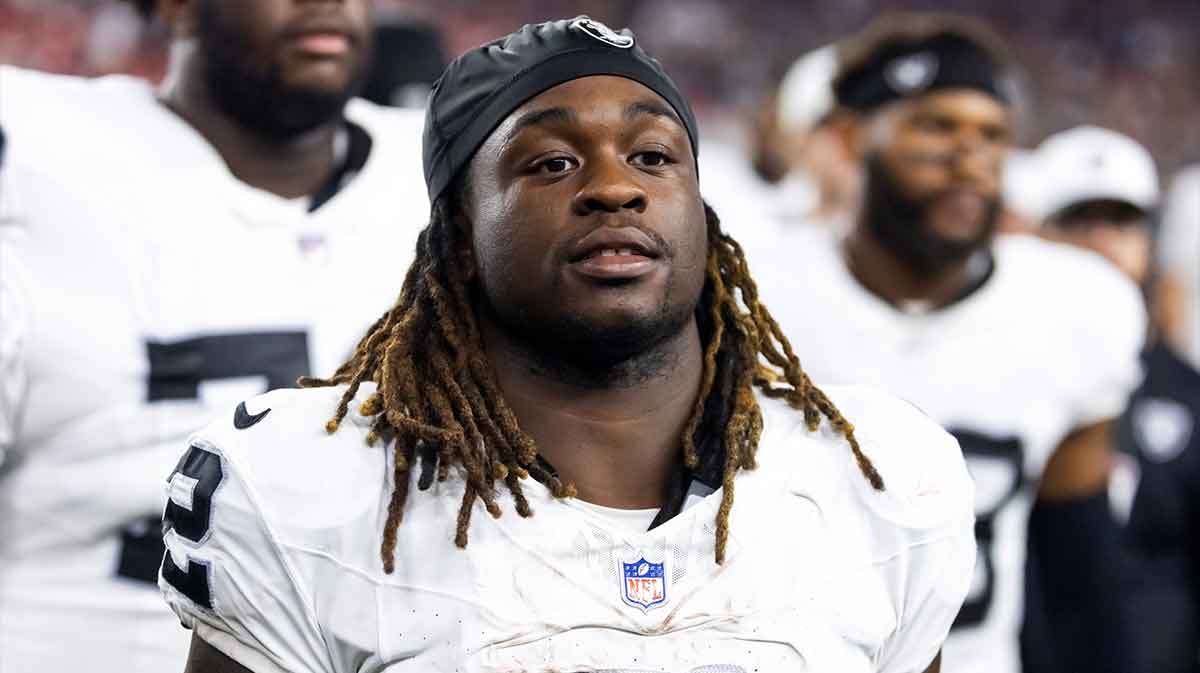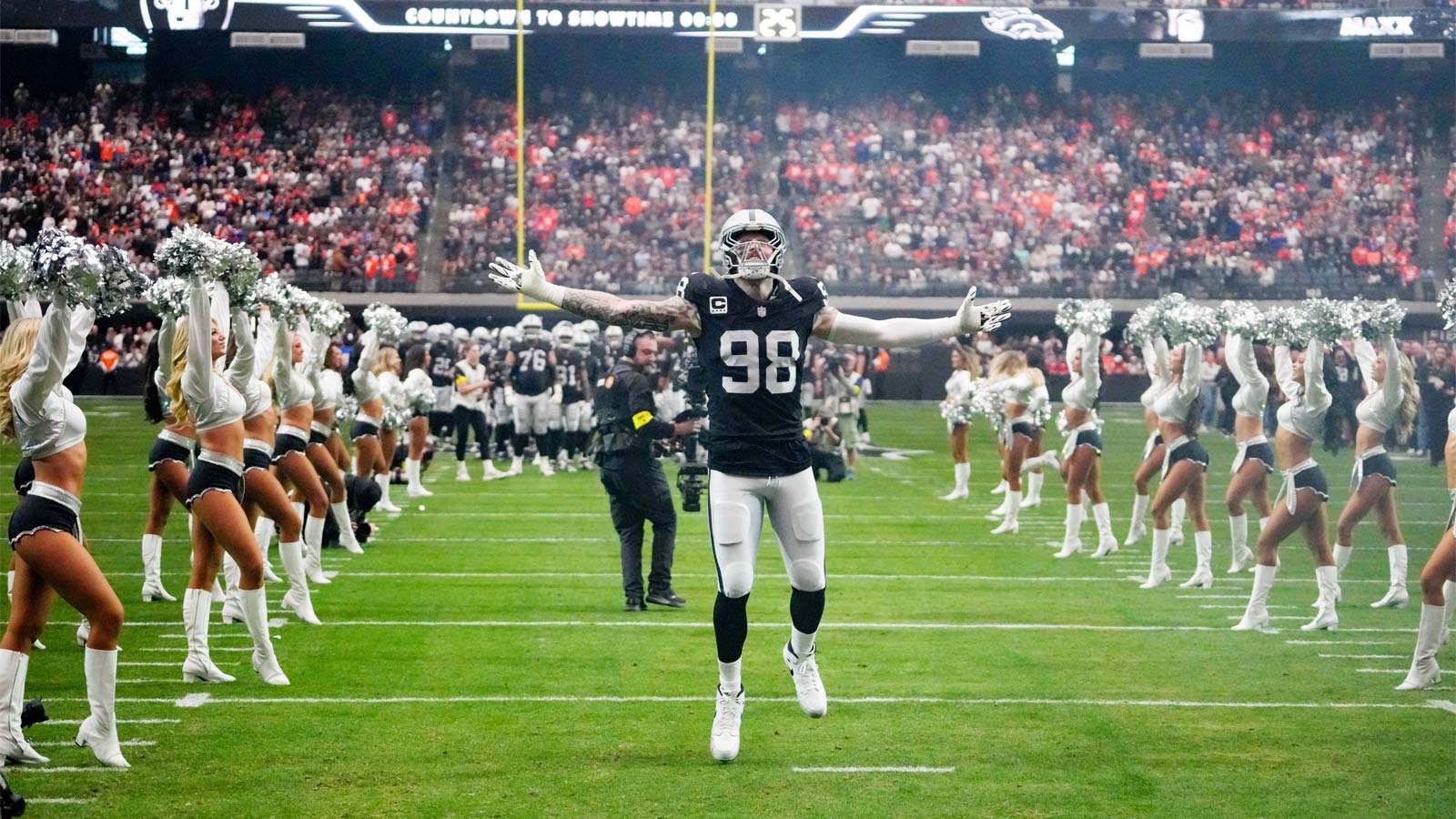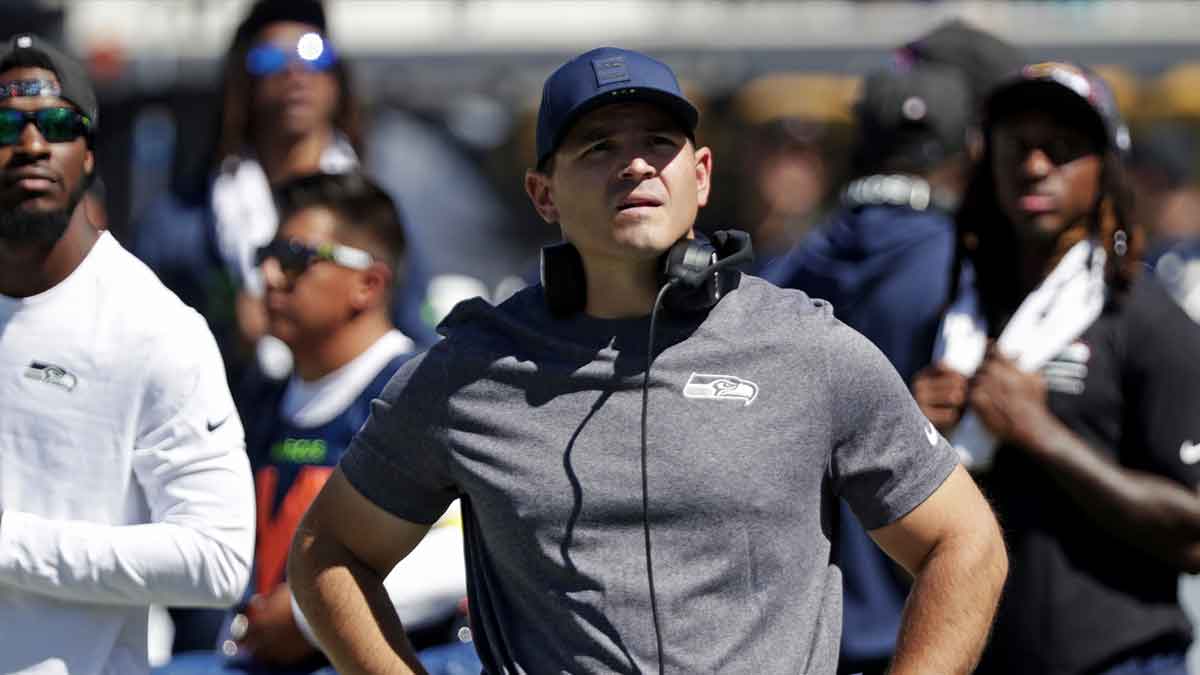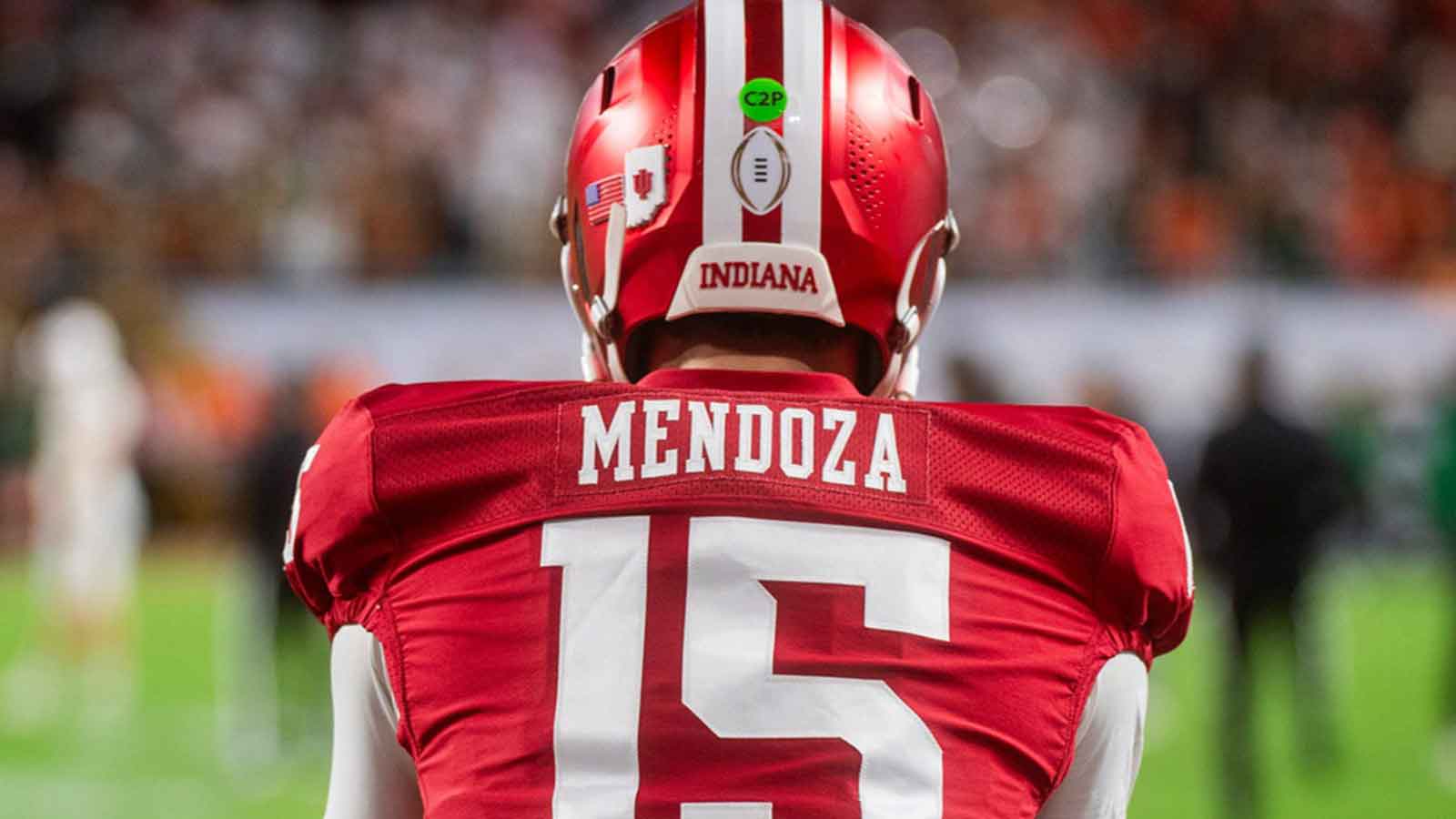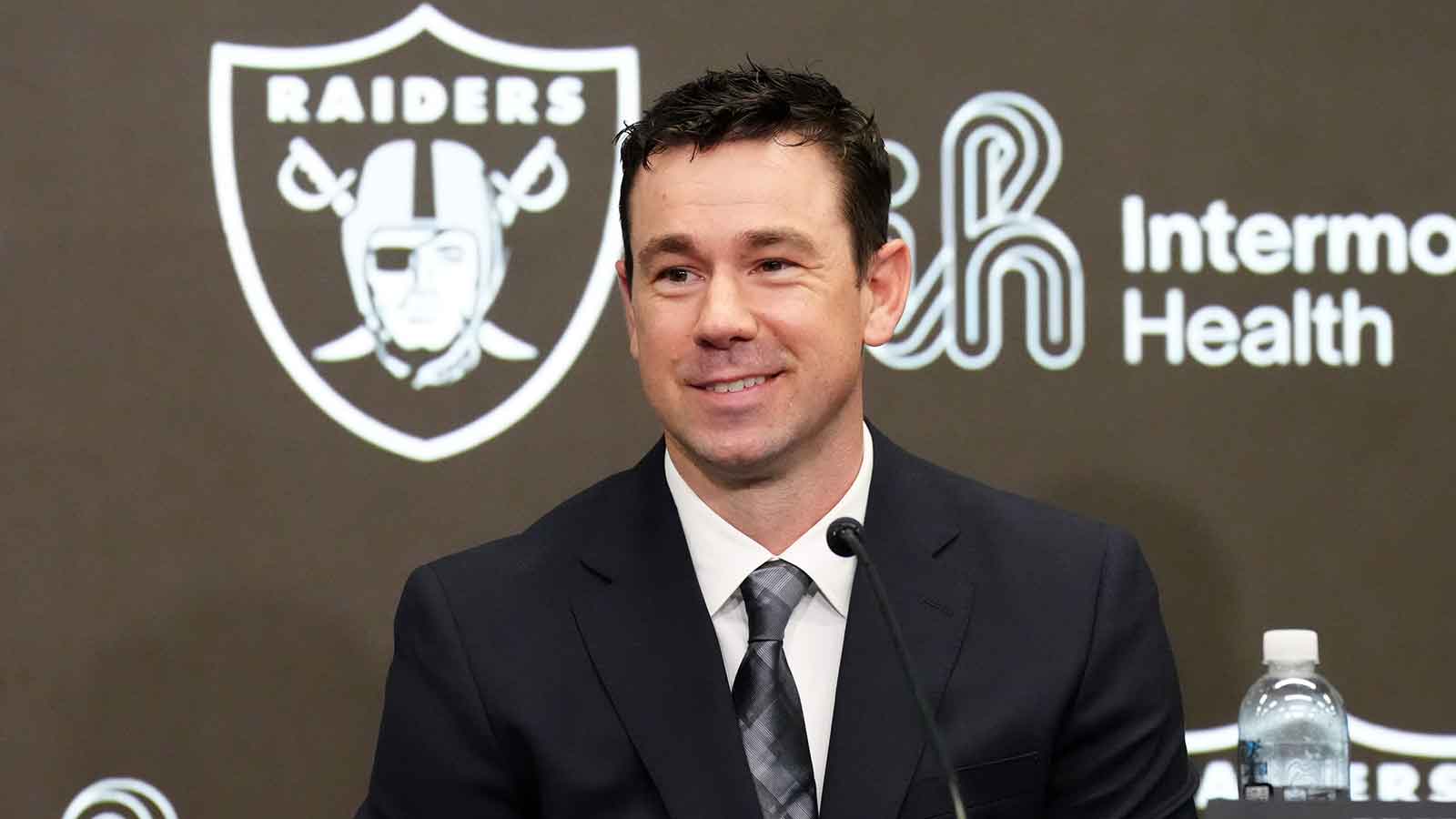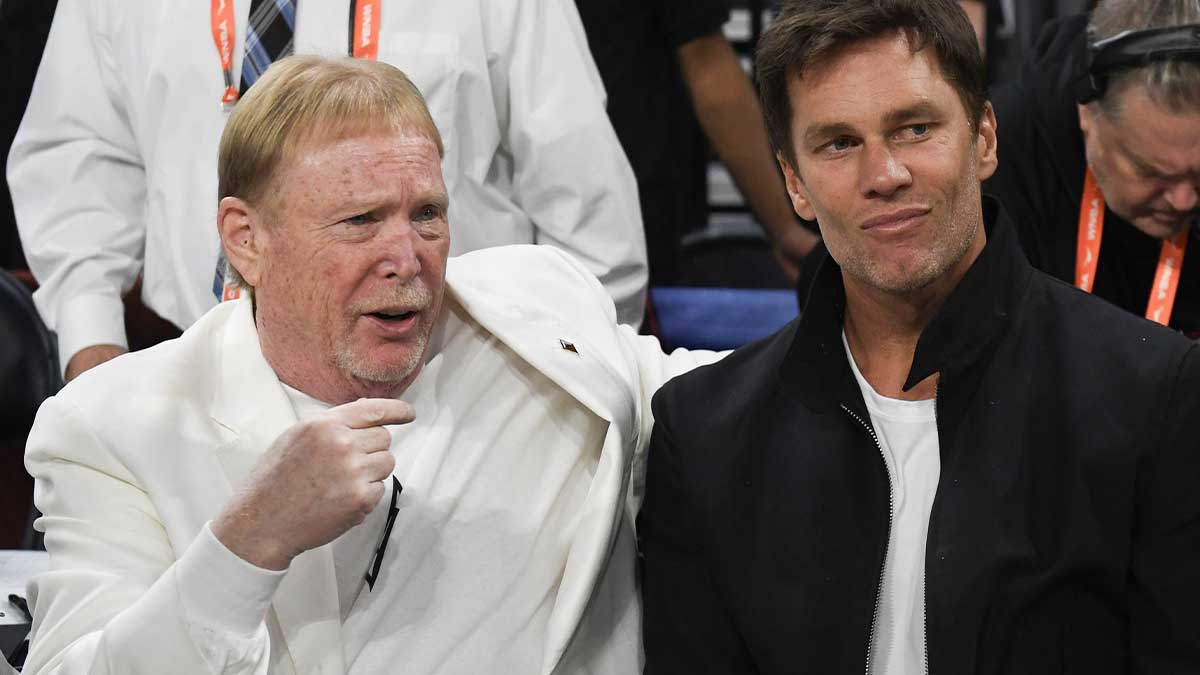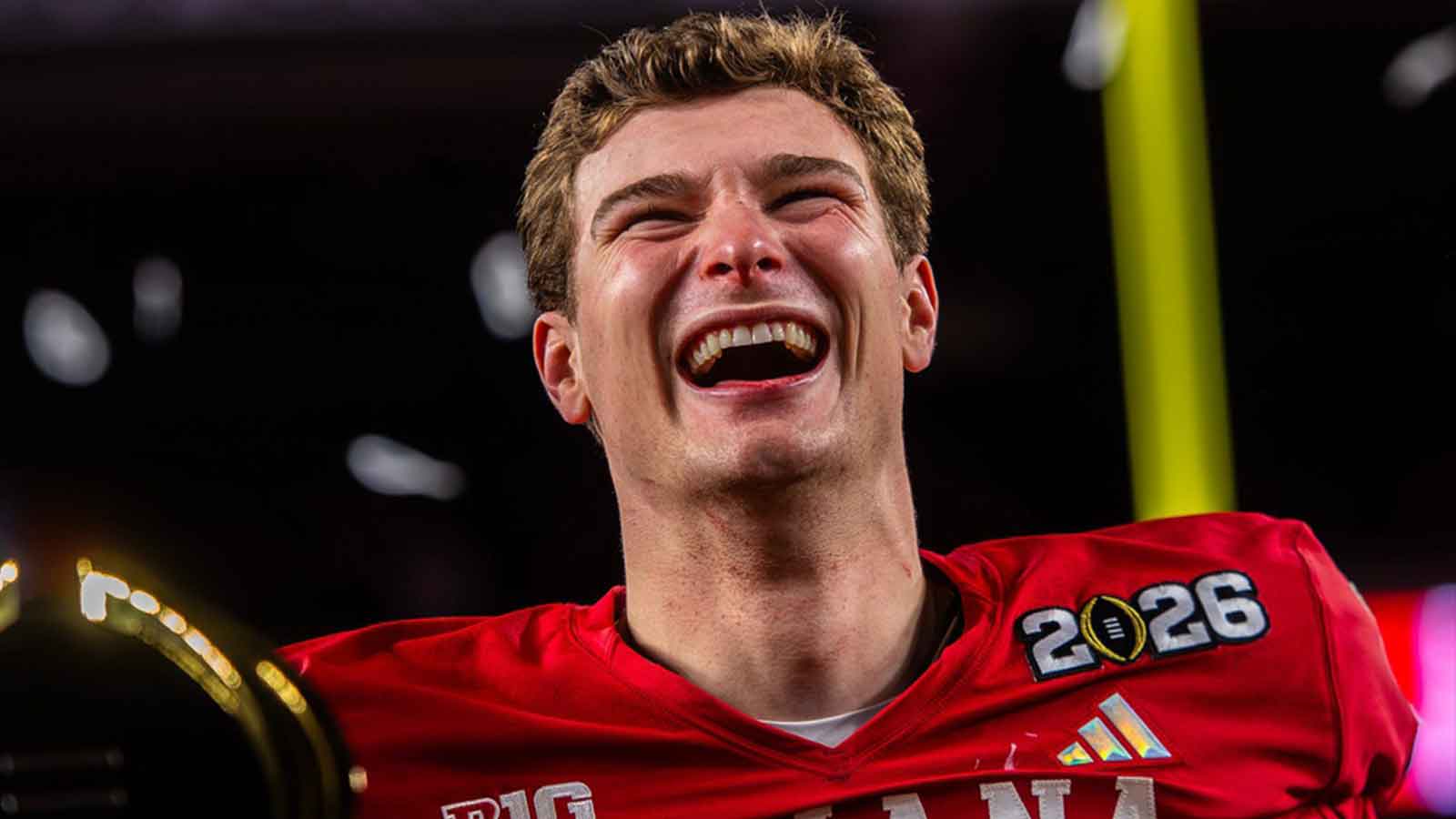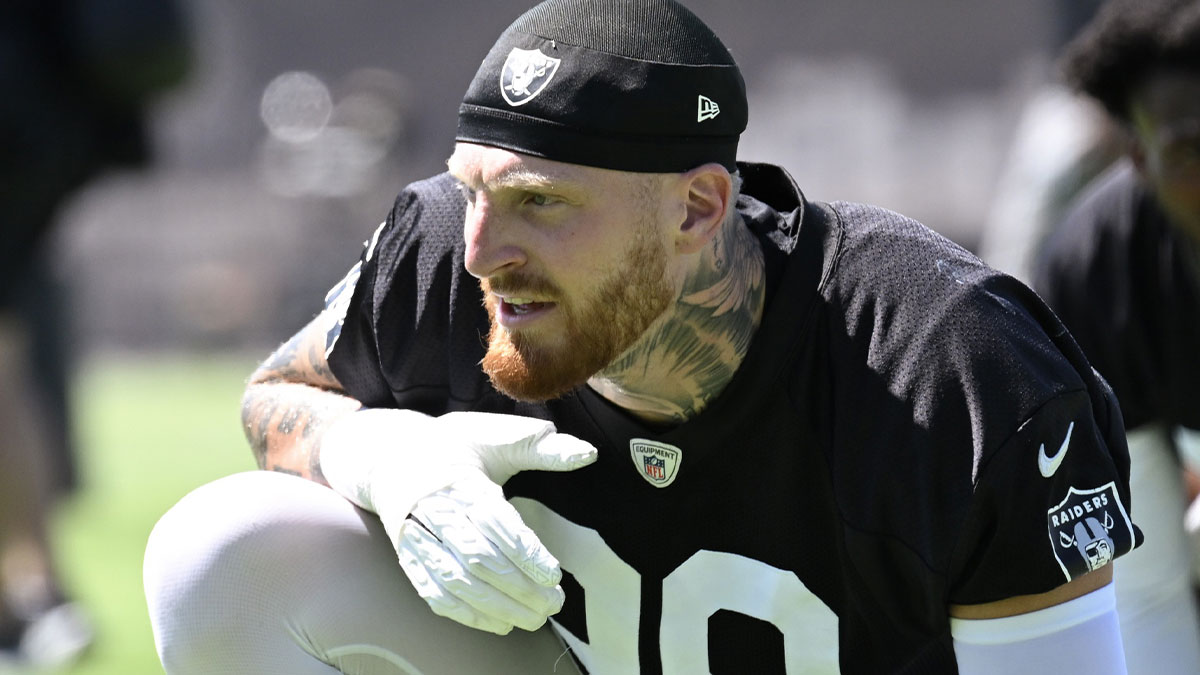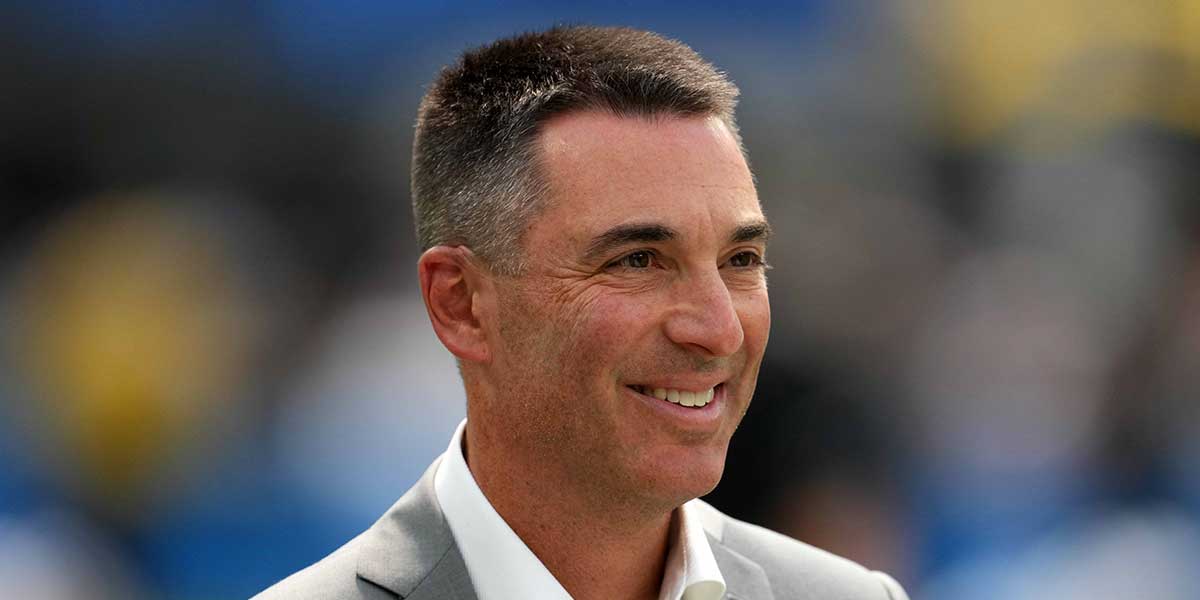The Las Vegas Raiders unraveled in front of a national audience on Monday Night Football. A 33-16 defeat at the hands of the Dallas Cowboys was confirmation that a once-promising season has fully slipped into chaos. They have been defined by offensive dysfunction, defensive regression, and a coaching staff unable to adapt. After this, the Raiders' losing streak now sits at four games. The playoff picture is fading fast, and the Raiders delivered a performance that raised more questions than answers about the future of the franchise.
Raiders collapse late

The Raiders’ loss to the Cowboys in Week 11 followed a familiar and frustrating script. Las Vegas opened with energy, forcing an early turnover that set up their lone first-half touchdown. Whatever momentum they built, though, evaporated quickly. The offensive game plan collapsed, leaning almost exclusively on the pass despite Dallas entering the week vulnerable to the run.
Quarterback Geno Smith struggled from the outset. He tossed a costly interception that compounded the team’s offensive troubles. Meanwhile, the defense wore down as Dak Prescott, Javonte Williams, and the Cowboys’ balanced attack steadily pulled away. 10 games into the season, the Raiders look rudderless under head coach Pete Carroll. He continues to lean on veterans while refusing to give young players meaningful snaps despite the team’s freefall in the standings.
Here we'll try to look at and discuss the Las Vegas Raiders most to blame for their Week 11 loss to Dallas Cowboys.
Offensive line failures
It’s impossible to diagnose the Raiders’ collapse without starting in the trenches. The offensive line was overwhelmed from start to finish. They allowed constant pressure and gave Smith no chance to establish rhythm. The QB was sacked four times, hit far more, and forced into hurried decisions that killed drives before they even had a chance to develop.
The run game was already inconsistent, but it completely disappeared here. Las Vegas finished with just 27 rushing yards. Many of those came long after the game had tilted firmly toward Dallas. Center Jackson Powers-Johnson’s absence didn’t just hurt; it exposed the Raiders’ lack of depth. Will Putnam, making his first NFL start at center, struggled mightily. He was frequently pushed backward at the snap and lost leverage against Dallas’ interior rushers. The Cowboys have a strong front. However, this was domination. Las Vegas never adjusted, never stabilized, and never recovered.
Defensive lapses
Las Vegas’ defense opened with purpose. They forced a turnover and flew around the field. That said, as the offense sputtered, the defense wilted. The effort wavered, and the tackling grew sloppy. Thoseled to explosive plays that swung the game decisively in Dallas’ favor.
The most glaring example came on George Pickens’ 37-yard catch-and-run touchdown. That's where he slipped through several half-hearted tackle attempts. Kyu Blu Kelly was targeted relentlessly by Prescott. He gave up two touchdowns and numerous chunk plays as the Cowboys repeatedly isolated him in coverage.
Isaiah Pola-Mao also had a rough night. Despite recording nine tackles, many came after failed coverages or missed assignments. Too often, he was a step late breaking on throws or caught in no man’s land in Las Vegas’ zone-heavy scheme.
The Cowboys out-executed and out-hustled the Raiders. When defensive buy-in erodes, the scoreboard reflects it quickly.
Geno Smith’s struggles
Smith’s performance only added fuel to the Raiders’ collapse. He threw his 13th interception of the season. That's a league high. He also never looked comfortable amid constant pressure. With Las Vegas fading fast and Smith’s future in doubt, this could spell the end of his tenure as the team’s starter.
The Raiders now face the possibility of turning to a backup quarterback behind a battered offensive line. They also have a battered receiving corps and now a battered season hanging in the balance.
Pete Carroll
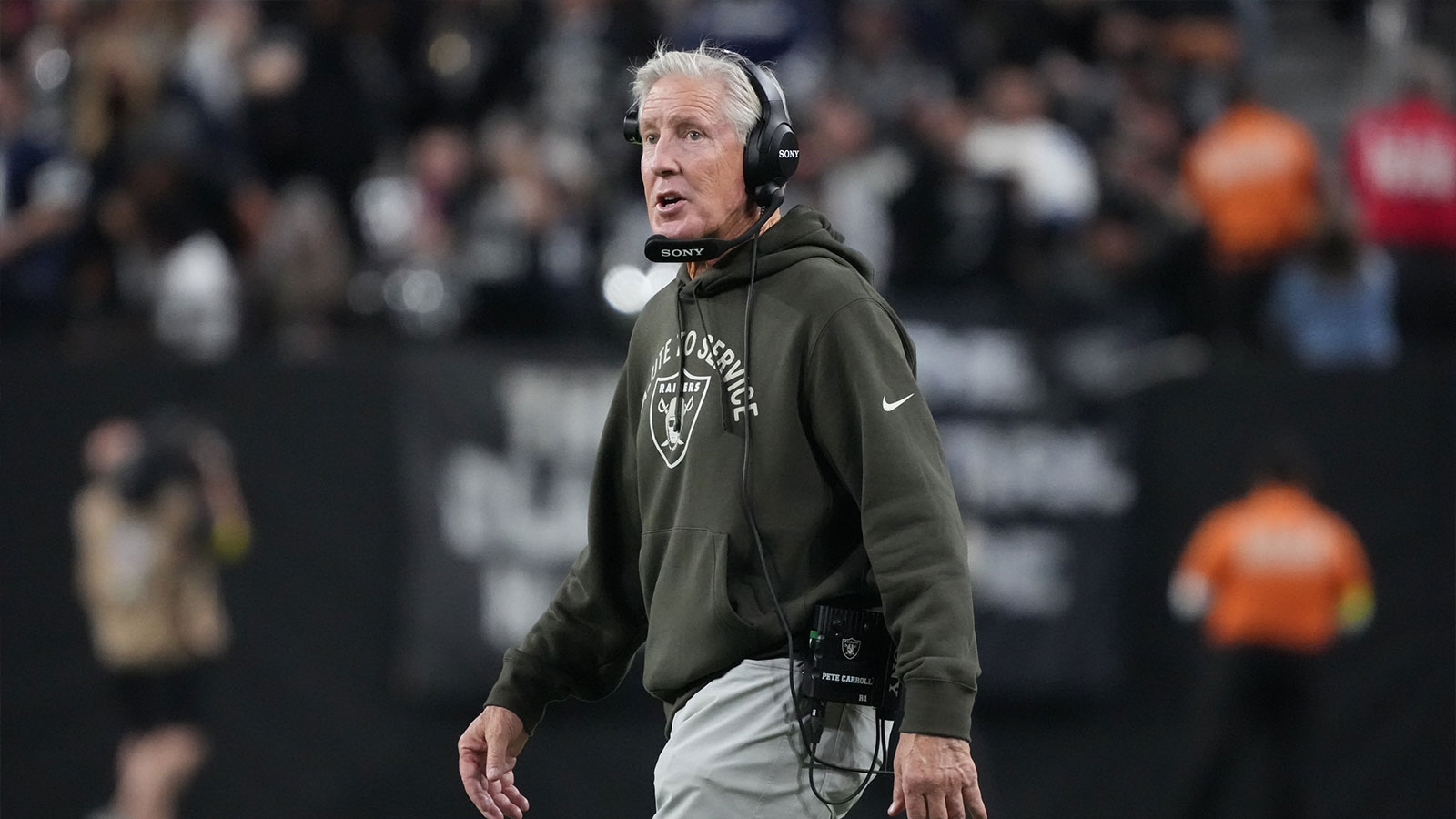
Head coach Pete Carroll faced heavy criticism for the offensive approach, particularly the lack of touches for Ashton Jeanty. He was one of the few playmakers capable of stabilizing the offense. After the game, however, Carroll took ownership of the play-calling with a candid admission: “There’s only one person to look at, it’s me, because I was influencing the game plan.”
Yes, accountability is admirable. That said, it doesn’t mask a larger issue: Carroll’s stubborn refusal to play or develop younger talent despite the Raiders sitting well below .500. Caleb Rogers remained inexplicably benched while Carroll elevated Atonio Mafi from the practice squad. Carroll defended the move by saying he’s “trying to win the games.” Still, with the season slipping away, that logic rings hollow.
This is now a team without direction, clarity, or identity. That reflects on the head coach.
Harsh reality check
The Raiders’ blowout loss to the Cowboys was not an isolated flop. It was the culmination of systemic issues that have festered throughout the season. Raiders fans saw a porous offensive line, a directionless offense, a fading defense, and coaching decisions that undermine long-term growth. Unless Las Vegas makes meaningful changes the losses won’t just continue. They may get uglier.

